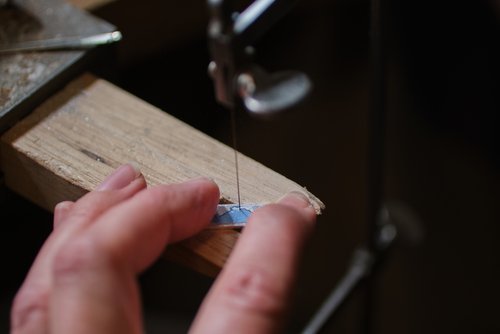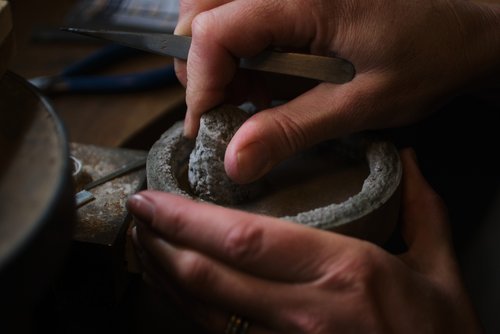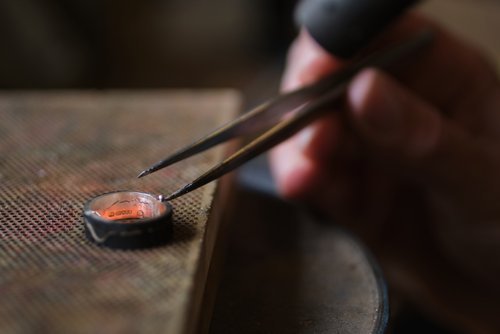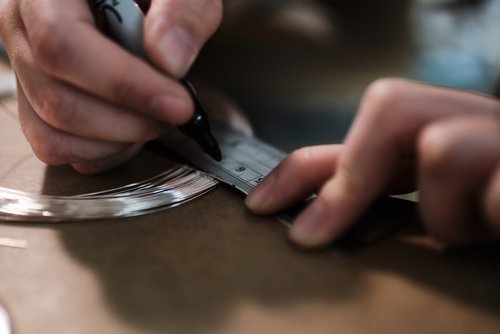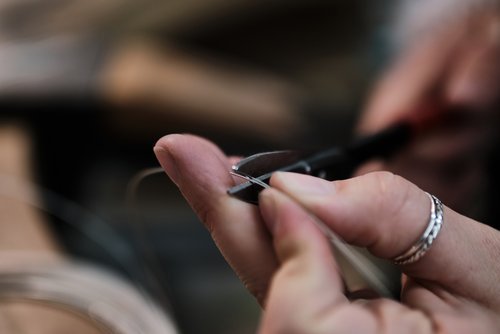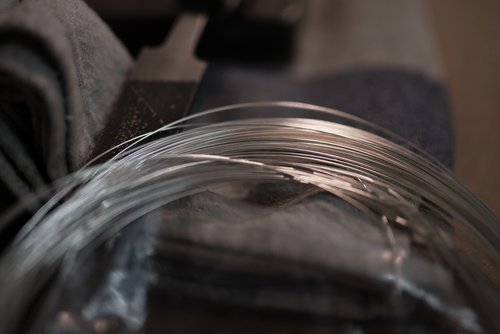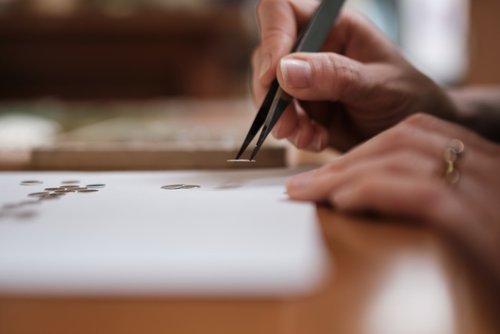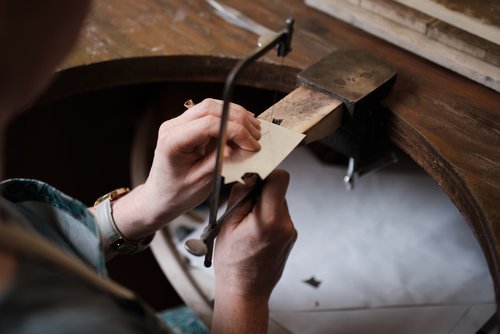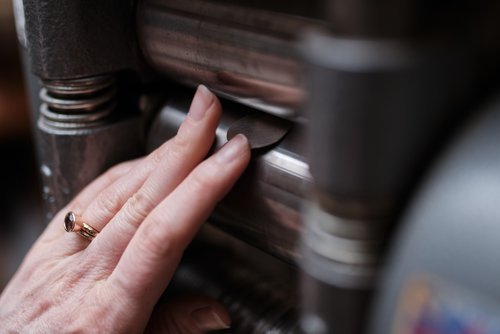Making Processes
In addition to the materials used in a practice, it is important to consider the impact of processes. This includes how materials are manipulated and what further resources are used to turn materials into finished products. The main processes in a jewellery and silversmithing practice to consider are chemicals, tools and natural resource use.

